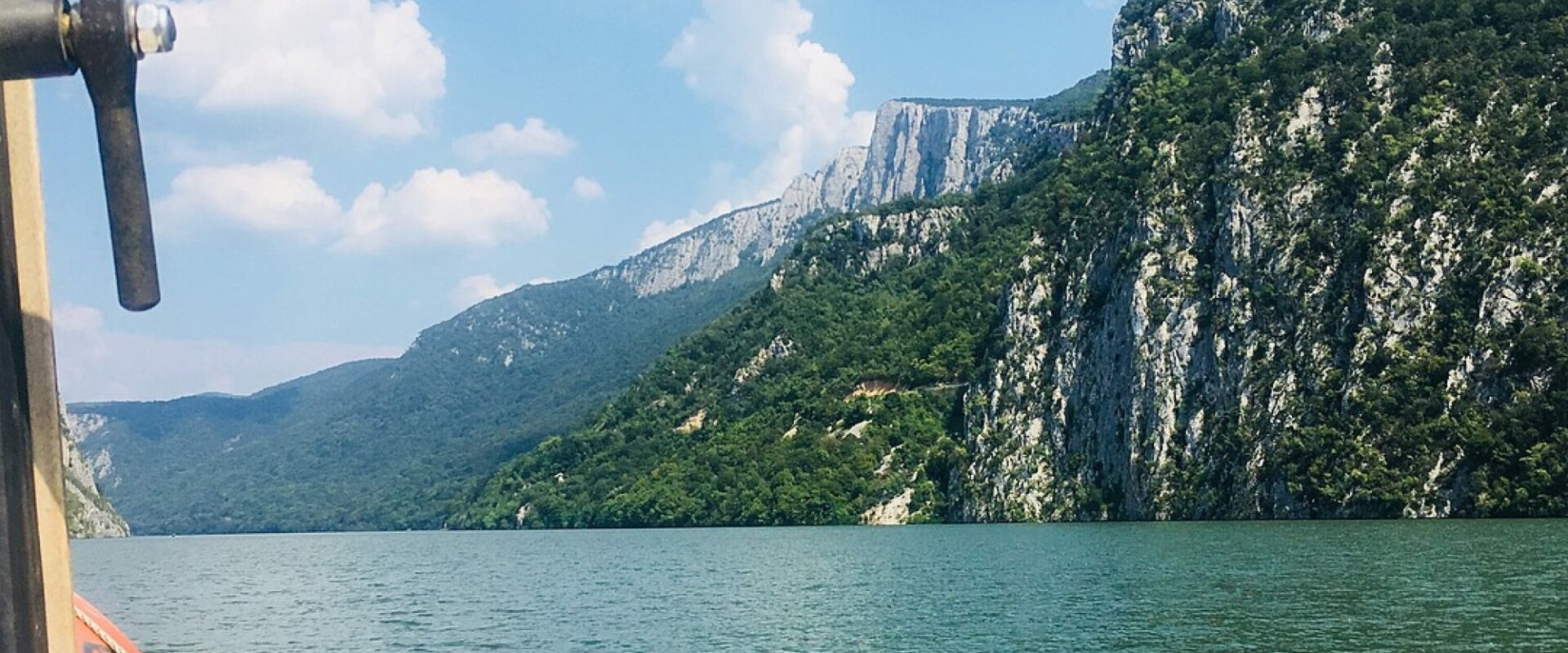Understanding the need for rebooting #Indymedia. The #Indymedia network, once a vibrant platform for decentralized grassroots media, succumbed to internal and external tensions. Before rebooting, we should look at the factors that contributed to its decline so we can take a working path to a successful revival that avoids past pitfalls. Reasons for the decline…
Communication barriers, lead to a lack of awareness
The #fashernista-driven path pushes aside grassroots and #openweb movements due to misalignment agendas. The #fashernists are driven by #mainstreaming agendas that end up co-opt grassroots initiatives, then systematizing them in ways that dilute their “original native” paths, intent and value. This mess leads to #techchurn and a continuous cycle of superficial innovation that does nothing…
Grassroots in Tech Communities: Challenges and Paths
The discussions surrounding grassroots movements within tech communities intersects with broader social themes, such as #neoliberalism and #postmodernism. These ideologies shape what is considered “common sense” and can create real barriers to introducing alternative viewpoints and practices. Within this context, progressive grassroots initiatives aim to counteract these dominant paradigms, but they frequently face challenges both…
The mess of our “common sense” hard shift to the right – Ukraine
The ongoing conflict between Russia and Ukraine exacerbates the influence of far-right groups. The Russia narrative highlights the presence of far-right elements in Ukraine to justify its actions. However, this narrative is used politically rather than in any way sincerely addressing the issue. Western support for Ukraine, primarily aimed at countering Russian aggression, overlooks the…
Beyond Consumerism: Building Trust Through Openness and Action
This pervasive influence of ideology and consumerism in modern society, illustrating how even well-intentioned actions can be co-opted by the systems they aim to resist. It emphasizes the need for genuine, systemic change rather than superficial actions that offer a false sense of contribution. The problem we need to mediate is everyday consumer choices are…
A messy job, but with the right tools and approach, we can make progress
The neoliberal world-view is designed to replace trust with greed as the social motivator. Of course, all successful societies are based/built on trust, so neoliberalism is building a #deathcult. The current #climatechaos and social decay are simple to understand outcomes. If you’re wondering why this is useful, it’s an important part of a conversation and…
The Importance of Words and Ideology
Words shape our thoughts, and common understandings of these words are essential for coherent and effective communication. Ideologies form the basis of all thinking, whether unspoken and #mainstreaming or articulated and still minority. The challenge is to transition minority ideologies to the mainstreaming paths. The Plan: Using Common Hashtags and Syndication To achieve this transition,…
The Solution: Embrace the #4opens
We can’t keep repeating the same #TechShit over and over again. #TechCurn is a dead end.The #OMN is the only positive path I know forward. #Mainstreaming #fashernistas are dangerously consumptive. Our alt #fashernistas are utterly pointless. We need to disrupt social norms and make #4opens fashionable to salvage any value from these people and pull…
Progress is not easy
The internal struggles within the left progressives need #KISS paths that take into account the shadow of the #deathcult we all live in and the broader ideological battles against entrenched systems and the far right. The first step is the entrenched “Common Sense” that feeds division Entrenched “Common Sense” Liberal Ideology: Many of our well-meaning…
The blindness of fluffy and spiky liberals
The last 40 years of social and environmental mismanagement have brought us the onrushing disaster of #climatechaos and social break down. This situation highlights a troubling reality about society. On one side, we have the powerful and fundamental evil entities responsible for the harm. On the other side, there’s a small movement of activists pushing…
